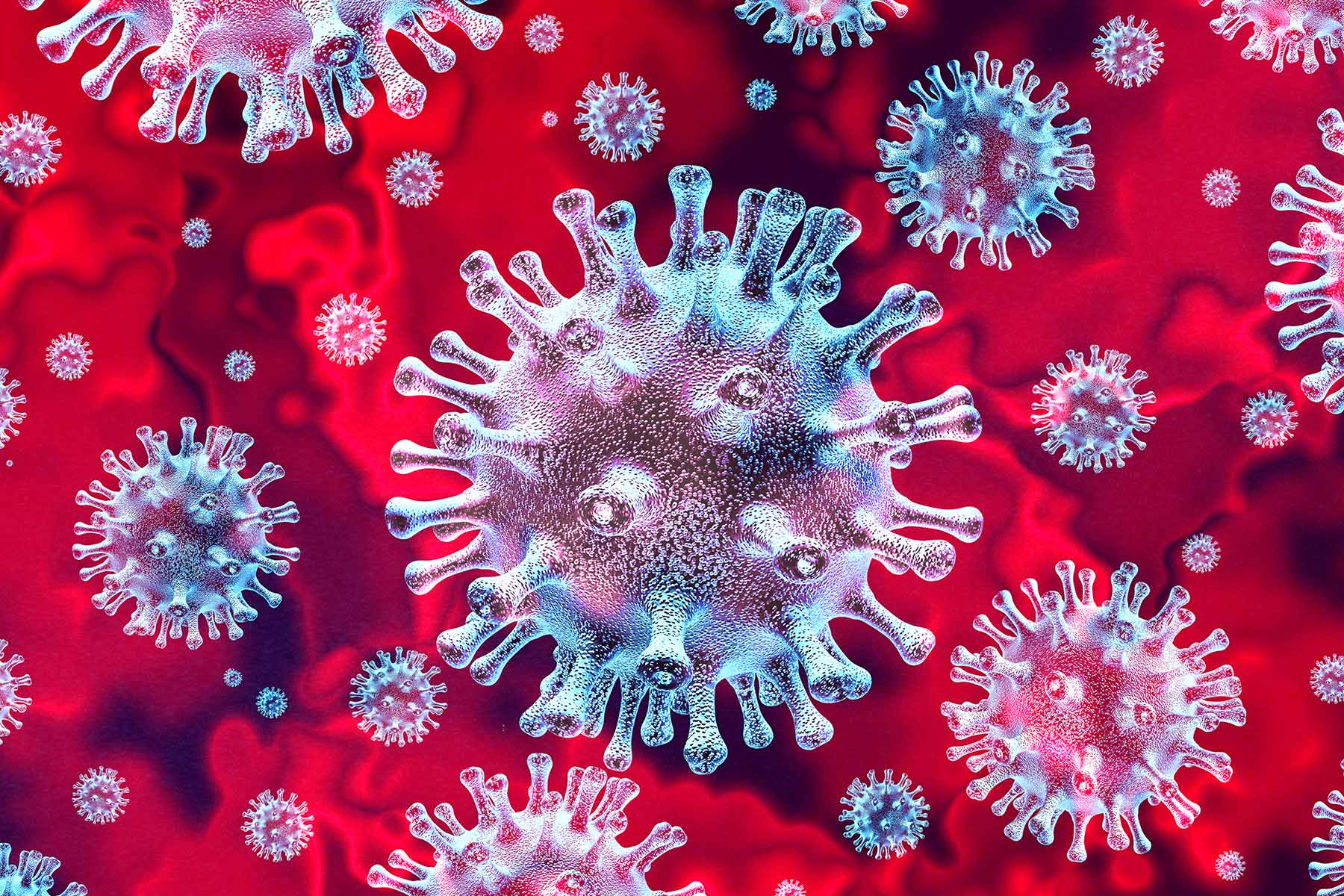The COVID-19 pandemic could be the biggest hit to mental health since the Second World War, a leading psychiatrist has warned.
Dr Adrian James, president of the Royal College of Psychiatrists, said even when the virus is under control, there will still be ‘profound’ long-term consequences.
- ‘COVID-19 first wave prepared us for second wave’
- COVID-19: Public, private schools in Lagos to resume January 18
He told the Guardian: “It is probably the biggest hit to mental health since the Second World War. It doesn’t stop when the virus is under control and there are few people in hospital. You’ve got to fund the long-term consequences.”
The deaths of loved ones from coronavirus, along with mass unemployment and the social effects of draconian lockdowns are well documented.
Mental Health Charity Mind, described the situation by Christmas as a “mental health emergency’, adding that ‘2020 has been a year of anxiety and uncertainty and more people need us than ever before”.
Mental Health Charity Mind described the situation by Christmas as a ‘mental health emergency’, adding that “2020 has been a year of anxiety and uncertainty and more people need us than ever before”
Dr James’ comments are coming as Britain’s COVID crisis continues to swell, with millions more people in England facing Tier Four restrictions to control rapidly growing outbreaks.
Doctors fear that the NHS could be overwhelmed within days as hospital admissions surge due to the highly infectious COVID strain raging across the country.
And Dr James’ comments also come after a startling report in October warned that up to 10 million people – including 1.5 million children – could need mental health support in the wake of the pandemic.
They will mostly need help for depression and anxiety, according to analysis from the Centre for Mental Health, which consulted experts from the NHS.
But others – including NHS workers – may develop conditions such as post-traumatic stress disorder (PTSD), more commonly associated with service personnel following armed conflicts.
Before England was plunged into its second lockdown in November, 42 top experts warned that the blanket intervention would trigger a spike in suicide and self-harm, as well as alcoholism and domestic abuse.
In an open letter to the government, the signatories argued that the longer the lockdown lasts, the worse this ‘collateral damage’ would be.

 Join Daily Trust WhatsApp Community For Quick Access To News and Happenings Around You.
Join Daily Trust WhatsApp Community For Quick Access To News and Happenings Around You.


